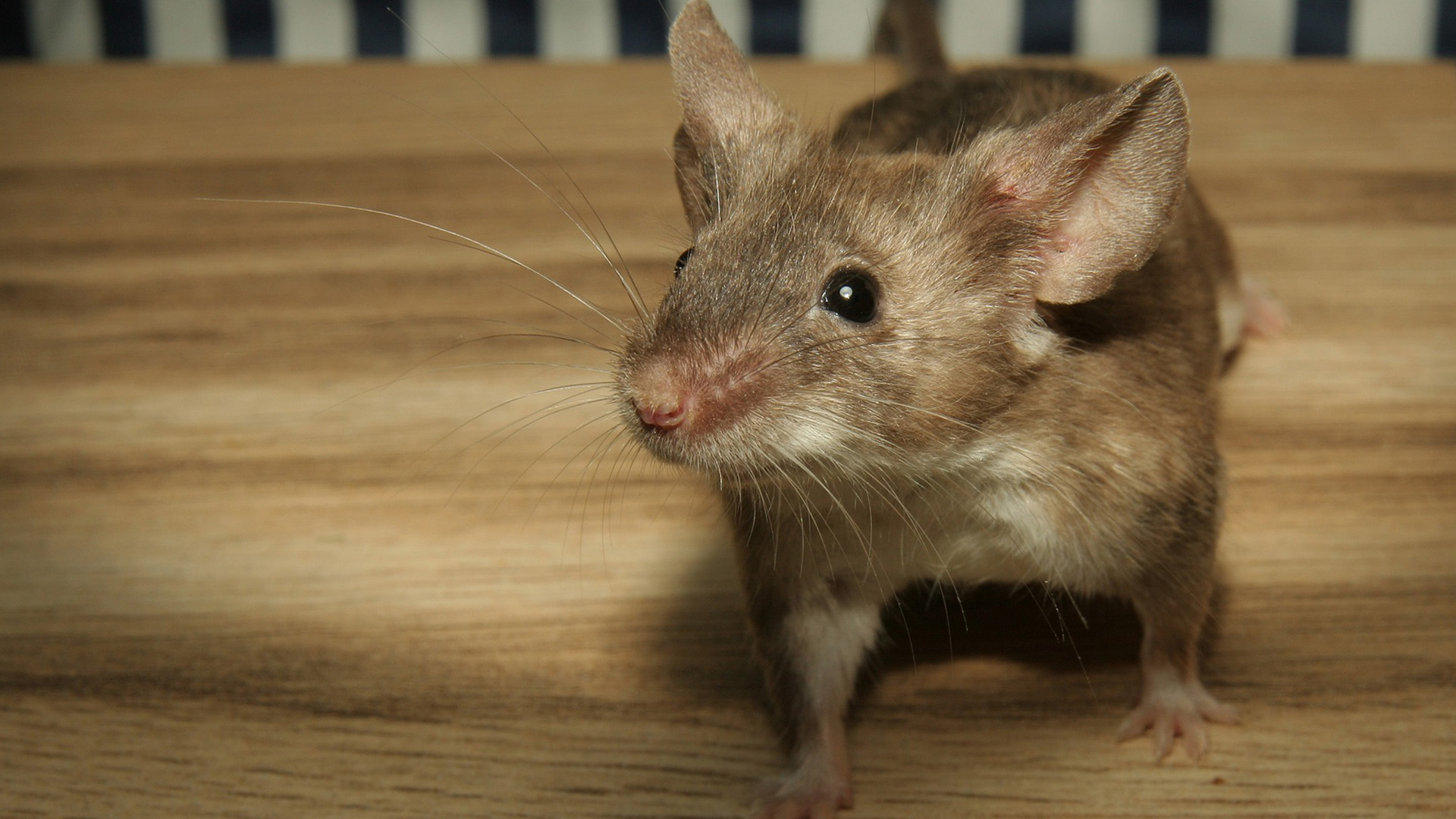As the colder months approach, so do pests looking for winter refuge in our homes. These unwelcome visitors come bearing a multitude of issues, from health risks to potential structural damage. In this blog, we’ll share valuable home remedies to deter these invaders, and advice about when to call in our experts.
The Pest Guest List
Overwintering pests are survivors: they use the warmth of your home to protect themselves during the colder months. Common overwintering insects include ladybugs, box elders, stink bugs, moths and spiders.
Beyond insects, mice, rats, bats and birds may also seek shelter in your home as temps drop, as well as larger animals like squirrels, skunks, opossums and raccoons.
The Baggage Overwintering Pests Carry
Common house pests looking to a warm place to overwinter can cause substantial harm quickly, including:
- Health hazards: Many of these pests can spread disease through their droppings, urine, saliva or hair. These pests often bring along other unwanted guests, including fleas, ticks and mites, which can also spread disease.
- Structural damage: Rats, and mice are notorious for causing structural damage to homes. They can gnaw through wood, insulation, drywall and wiring, resulting in costly repairs and potential fire hazards.
- Damage to belongings: The damage overwintering pests can cause ranges. For example, rodents will take and chew materials to create their nests, such as towels, clothing and boxes. Ladybugs, which pose no threat to humans, leave reddish brown stains when disturbed or squished.
Roll Up the Welcome Mat
It pays to be proactive to deter pest problems from the start. Here are some practical tips to keep these intruders at bay:
- Exclusion: Add screens to attic vents and openings to chimneys, and seal cracks and crevices outside your home using caulk and steel wool.
- Cleanliness: Pests need food, so cutting off their access will force them to seek accommodations elsewhere. For example, wipe up spills and wash dishes promptly, dispose of trash in closed bins and store food and leftovers in sealed containers, avoid leaving pet food sitting out, and vacuum or mop regularly.
- Dryness: Pests also need water to survive, so address any leaky pipes and faucets, wipe down sinks at night and replace water-damaged wood.
Signs of Unwanted Guests
To tackle a pest problem effectively, you must first detect it. Be vigilant and keep an eye (ear and nose) out for:
- Live or dead pests
- Nests or droppings
- Small holes and gnaw marks
- Sounds coming from your attic, basement or between walls
- Strange odors
When to Call the Experts at Braman
While exclusion is the key to locking out unwanted pests this fall and winter, they can be sneaky and find ways to breach your defenses (a mouse requires an opening the size of a dime!). That’s when it’s time to call in reinforcements.
Because small pest problems can become big ones quickly, contact our team for efficient and effective elimination. Protecting your health and home is our first priority, and we’ll develop a custom plan based on your situation.

